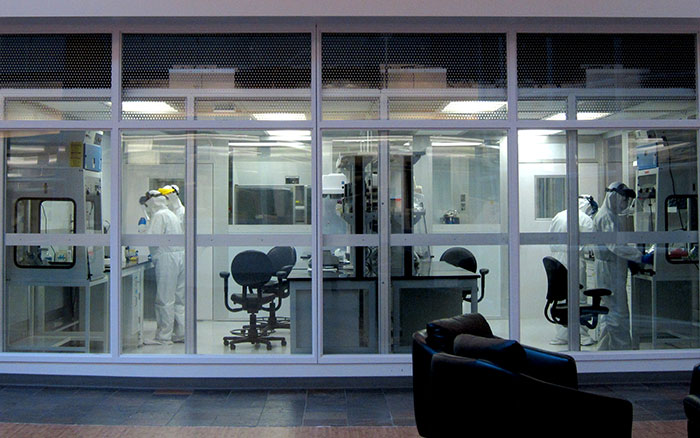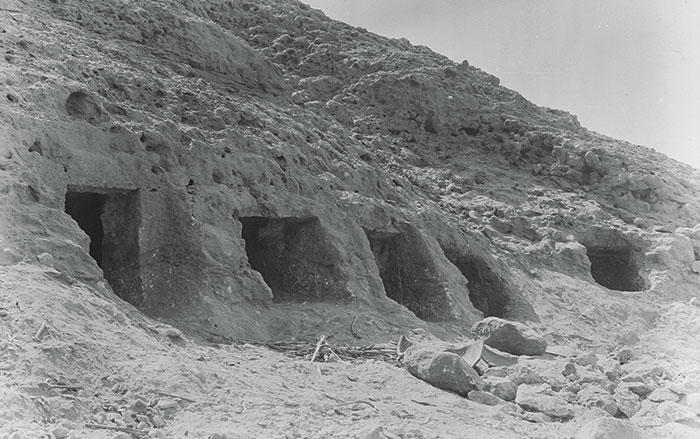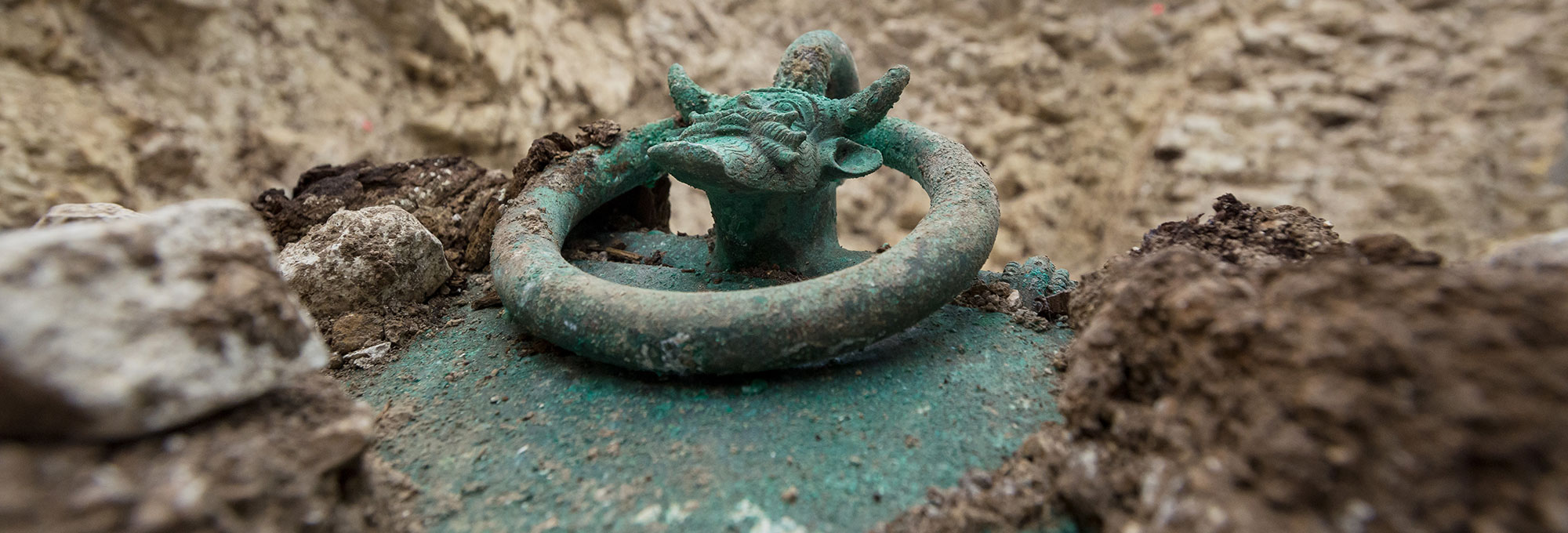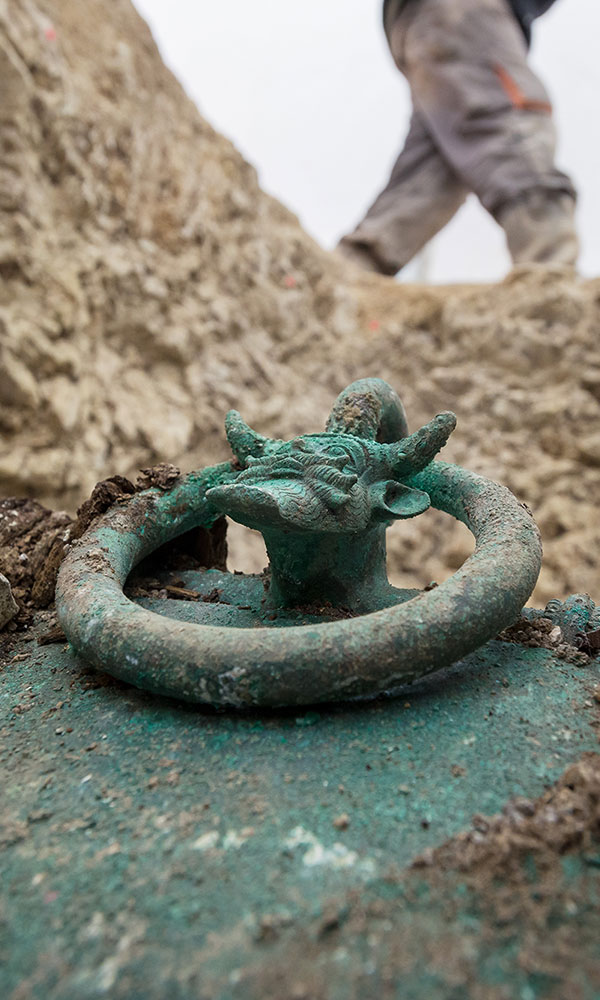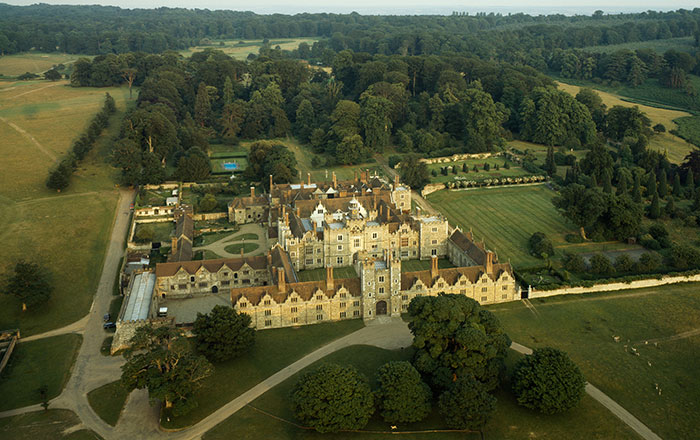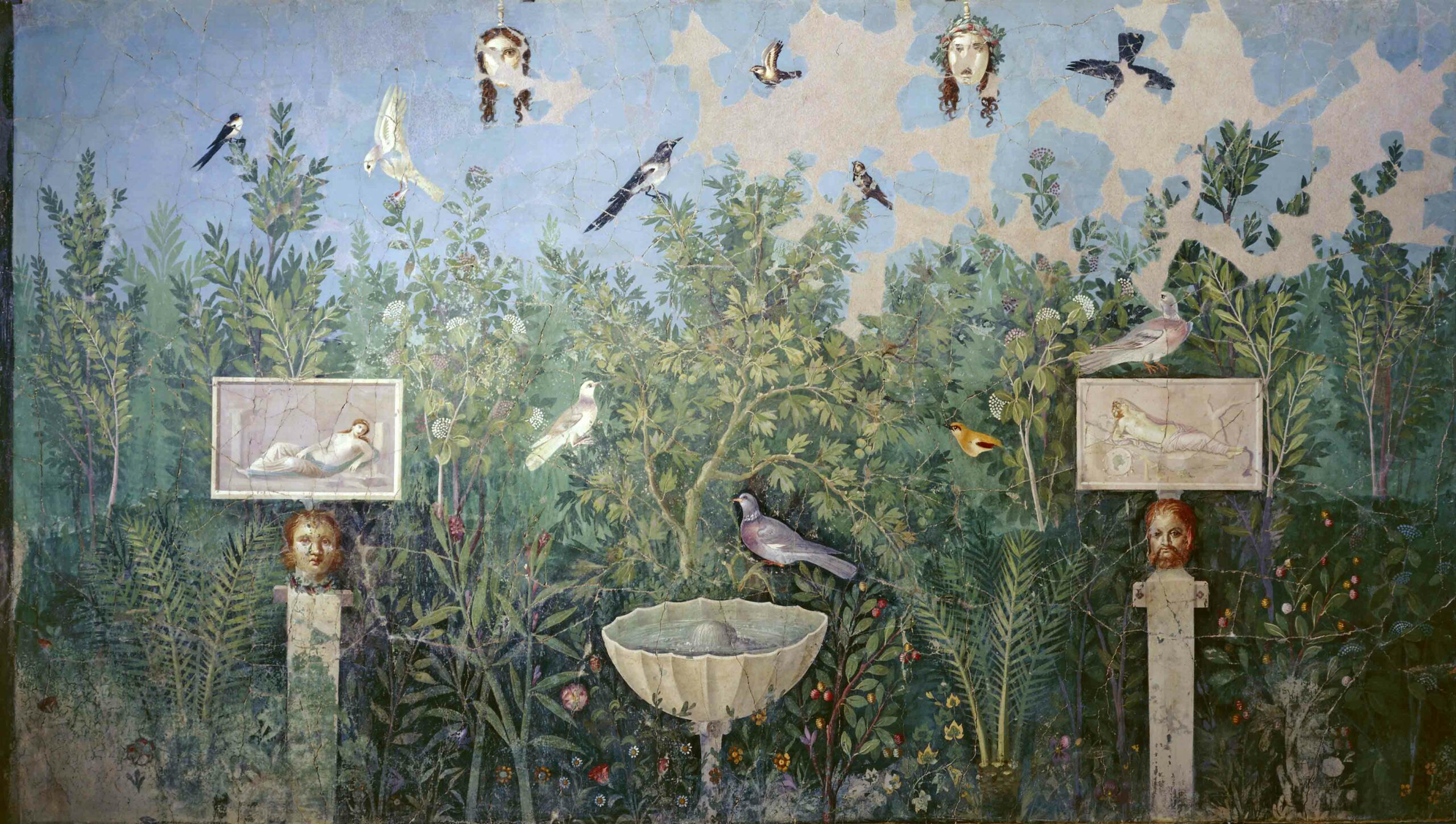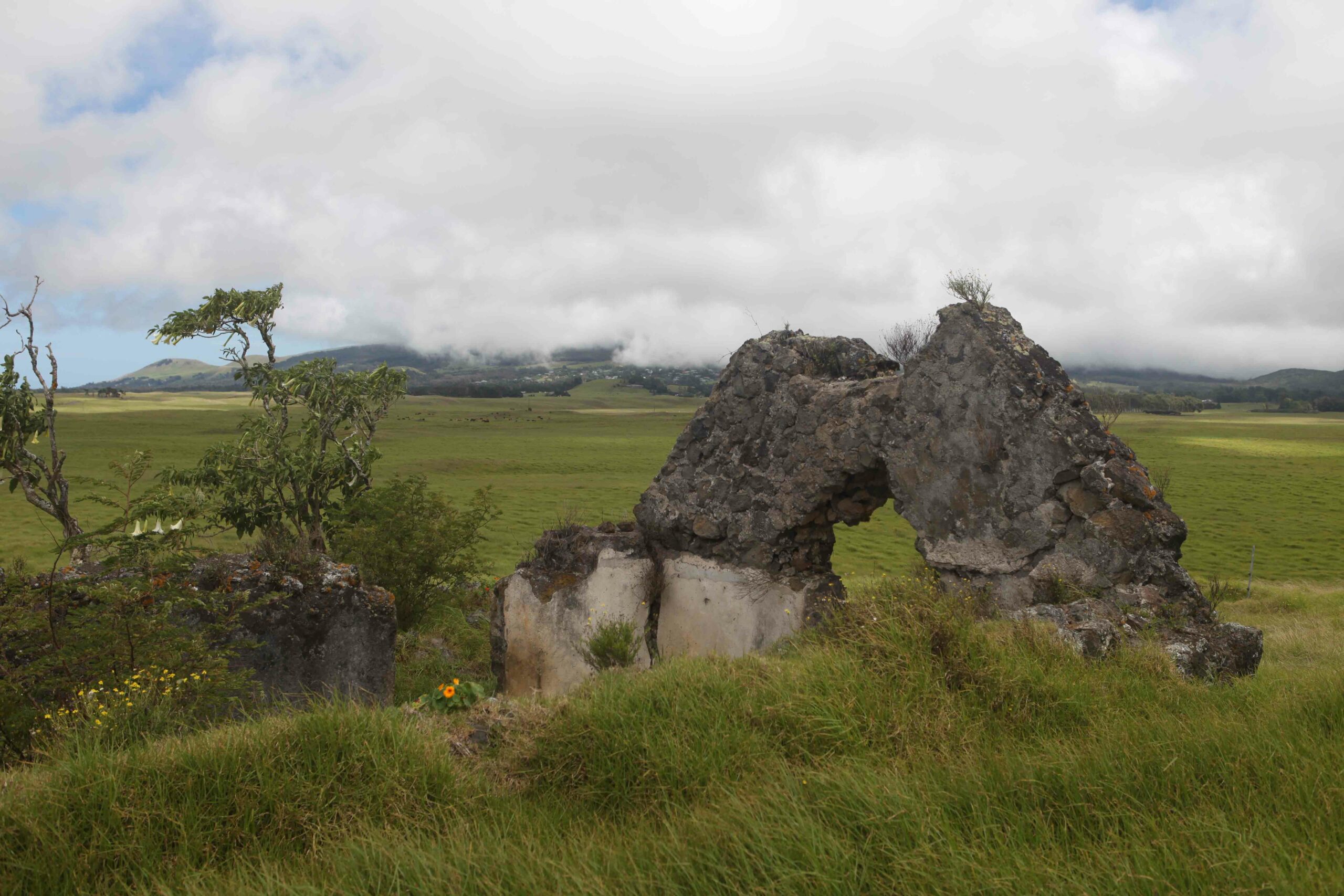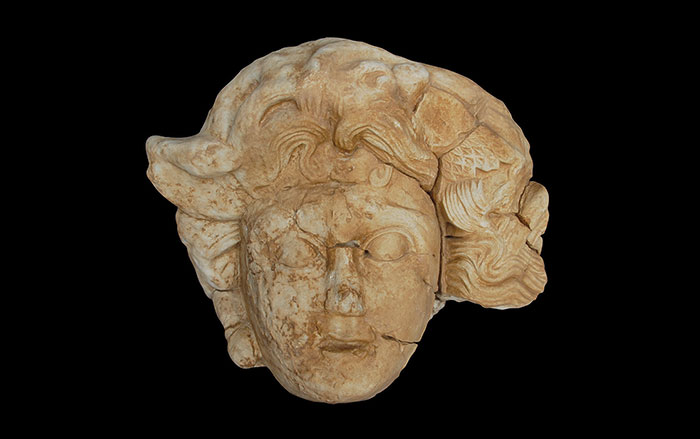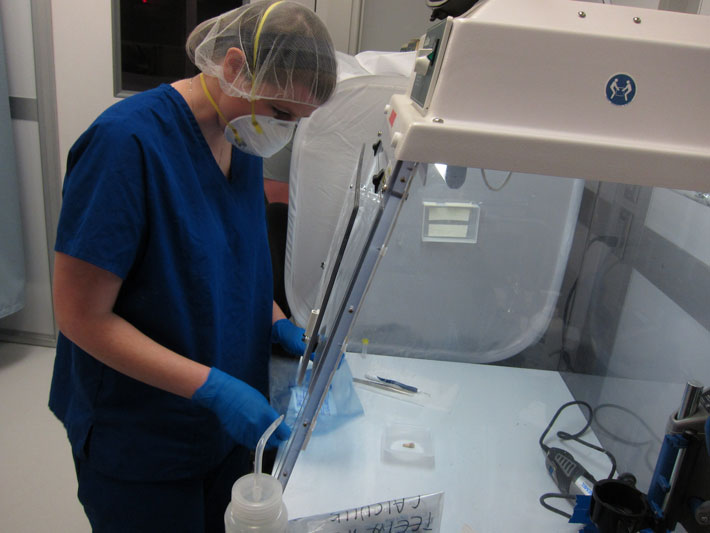
NORMAN, OKLAHOMA—A team of researchers from the University of Oklahoma, Arizona State University, and Pennsylvania State University retrieved human DNA from dental calculus and used it to reconstruct whole mitochondrial genomes for analysis. The samples were obtained from six individuals from a 700-year-old Oneota cemetery. “We can now obtain meaningful human, pathogen and dietary DNA from a single sample, which minimizes the amount of ancient material required for analysis,” Christina Warinner of the University of Oklahoma said in a press release. Dental calculus, or calcified dental plaque, contains saliva and other human secretions in addition to the remains of food and microbes, and can be tested without damaging skeletal remains. “We hope that this research on dental calculus from the Norris Farms site acts as the first step toward future paleogenomic investigations of prehistoric North American remains in a respectful and non-destructive way that interests and benefits both descendent communities and anthropologists,” added team member Andrew Ozga. For more, go to "Life (According to Gut Microbes)."


